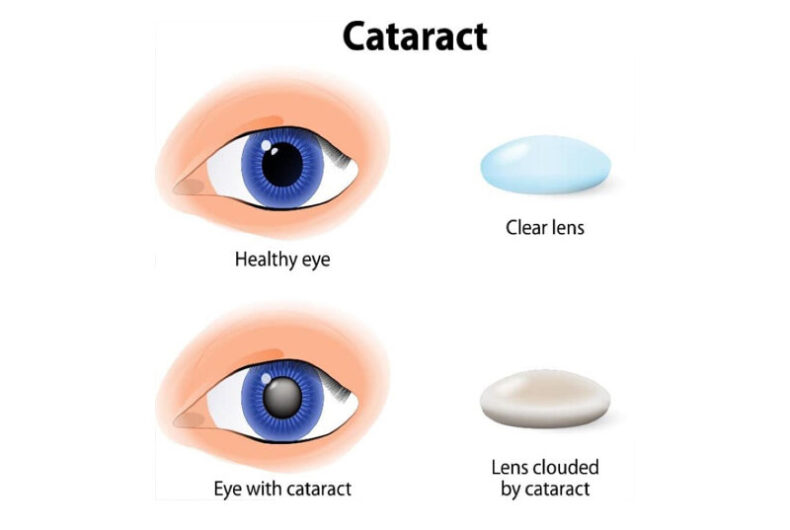High Treatment Success Rates
Of the many ways that aging can affect the body, cataracts are among the most concerning.
They are also very common. It is estimated that more than 60% of Americans will develop a visually significant cataract in their lifetime. For some, this might mean a bit of glare and nearsightedness in their vision. For others, vision can become greatly blurred or distorted.
The earlier a cataract is discovered, the more that can typically be done with cataract treatment to reduce its impact over time. More severe cataracts frequently require surgery, but the good news is that such procedures are performed all the time with a very high success rate.



